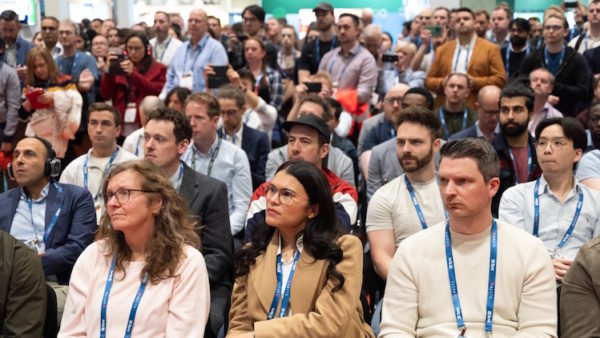The Construction Leadership Council (CLC) wants to see the construction industry “reinvent” itself within two years to deliver better value and collaboration, as part of a two-year plan to recover from the coronavirus pandemic.
The CLC published its Roadmap to Recovery today, setting out three phases to get the construction industry back on its feet again after the coronavirus lockdown.
The three phases are:
- Restart: increasing output, maximising employment and minimising disruption (0-3 months)
- Reset: driving demand, increasing productivity and strengthening capability in the supply chain (3-12 months)
- Reinvent: transforming the industry, delivering better value, collaboration and partnership (12-24 months) – including a presumption for offsite construction.
Among the chief aims of the plan, developed by the CLC’s Covid-19 taskforce, are the retention of key skills and employment of the maximum number of people possible by getting the industry back to work wherever it is safe to do so.
The CLC also wants to ensure a pipeline of future workload for all parts of the sector and boost productivity to secure improved value.

The unprecedented challenge of coronavirus calls for unprecedented solutions. I am delighted by the way that the industry has collaborated at pace to develop this plan, targeting those interventions that will help the industry get back on its feet as quickly as possible.– Andy Mitchell, Construction Leadership Council
The taskforce’s plan looks at the actions required to overcome the problems arising from the industry entering the recovery phase of the crisis and is now engaging with government to see how the plans might be delivered.
Construction Leadership Council joint chair Andy Mitchell said: “The unprecedented challenge of coronavirus calls for unprecedented solutions. I am delighted by the way that the industry has collaborated at pace to develop this plan, targeting those interventions that will help the industry get back on its feet as quickly as possible. We hope that everyone will take the opportunity to read the plan and consider the part you can play in its delivery.”
Eddie Tuttle, director of policy at the CIOB, welcomed the plans: “This is an important time for the industry, and a key focus currently is job retention and creation. We are pleased to see this response includes many of our calls made in recent months, including input from our written submission to the Business, Energy and Industrial Strategy Committee inquiry on the impact of coronavirus, and look forward to working with the Construction Leadership Council on making these steps a reality.”
Meanwhile, programme director of the Construction Innovation Hub, Keith Waller, said: “We strongly support the CLC’s efforts to develop a comprehensive plan which will see the sector not only recover, but emerge from the current crisis stronger and better.
“For our part as the Hub, we’ve already begun to adapt our transformative programme to ensure that we can support the delivery of the CLC plan, in particular driving the adoption of digital and manufacturing technologies and processes, underpinned by a truly value-based approach to decision-making.
“As we get Britain building again, it is vital that we do so with a collective determination to embed new and better ways of doing things, so that we are laying the foundations for a more sustainable future for construction and not simply picking up where we left off.”
Electrical Contractors’ Association CEO Steve Bratt commented: “Given the sharp decline in electrotechnical and engineering services activity over the past few months, it is vital the industry works with Government to deliver a recovery plan which protects jobs, businesses and projects.
“This CLC recovery plan, agreed by a broad range of key bodies including ECA, sets out a three-stage roadmap to ultimately reinvent the industry. The first stage critically seeks to ensure cashflow, minimise disputes and most importantly, ensure work can be undertaken safely.”
The reset stage of the plan proposes flexibility on apprenticeship levy payments, strengthening direct employment and a move towards fairer business models and contracts.
Looking further ahead, the reinvent stage has a series of modernisation ambitions, including a presumption for offsite construction, a series of net zero carbon targets between 2030 and 2050, modernised training methods, and a commitment to more collaborative procurement models.
Main image: Richardjohnsonuk/Dreamstime.com













